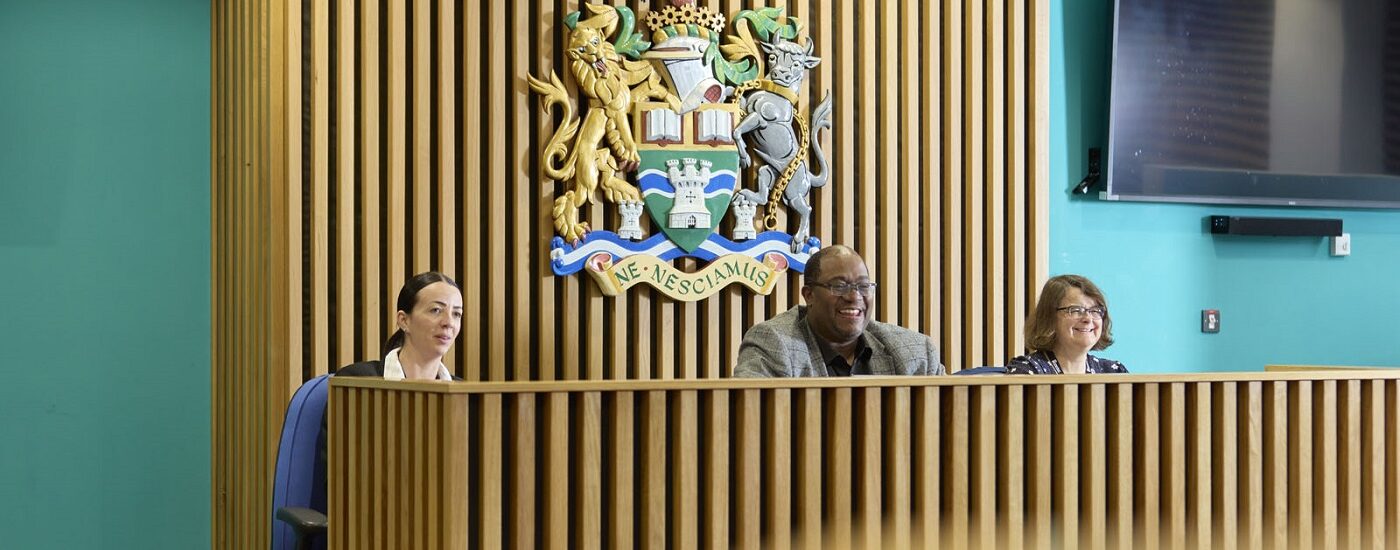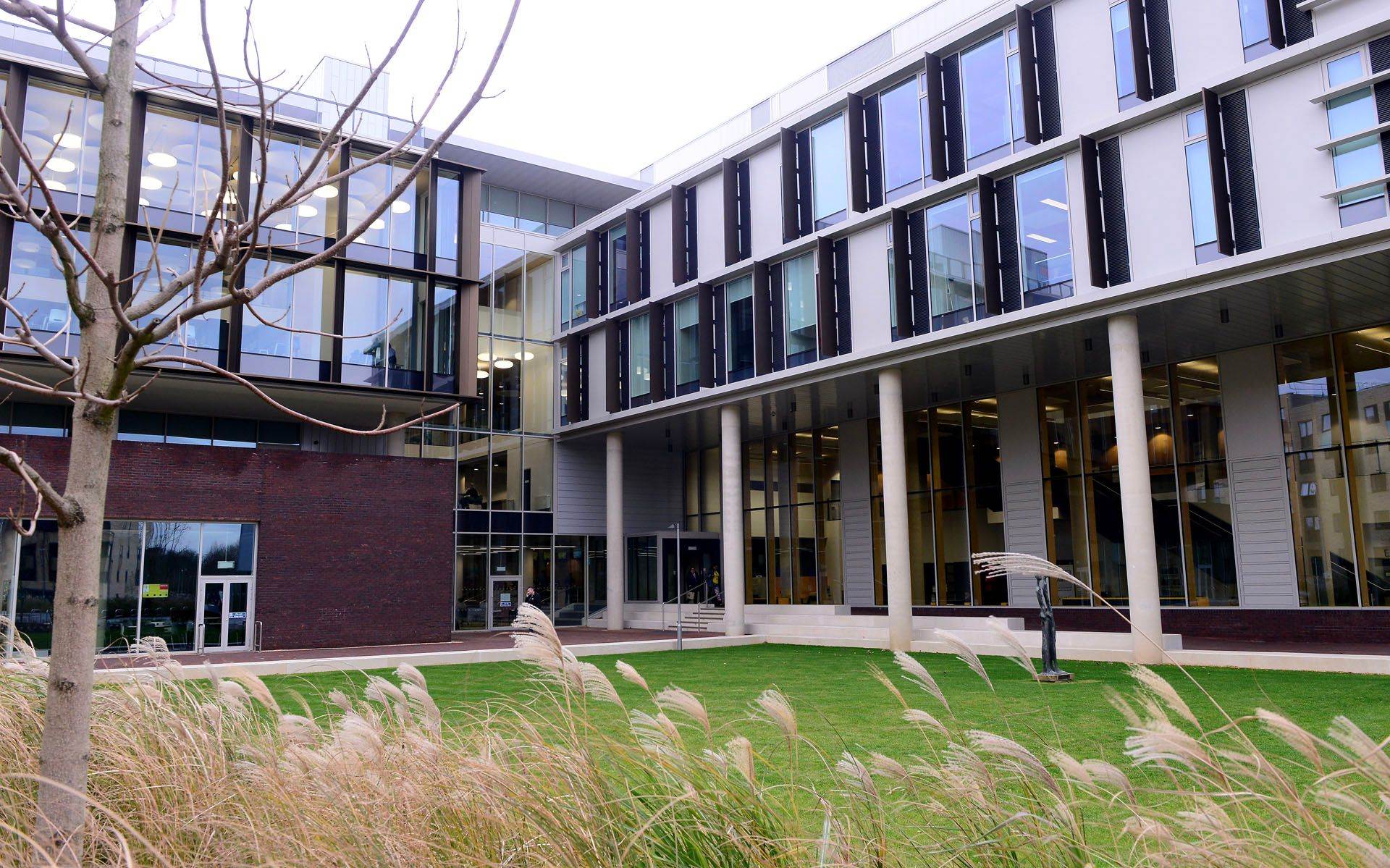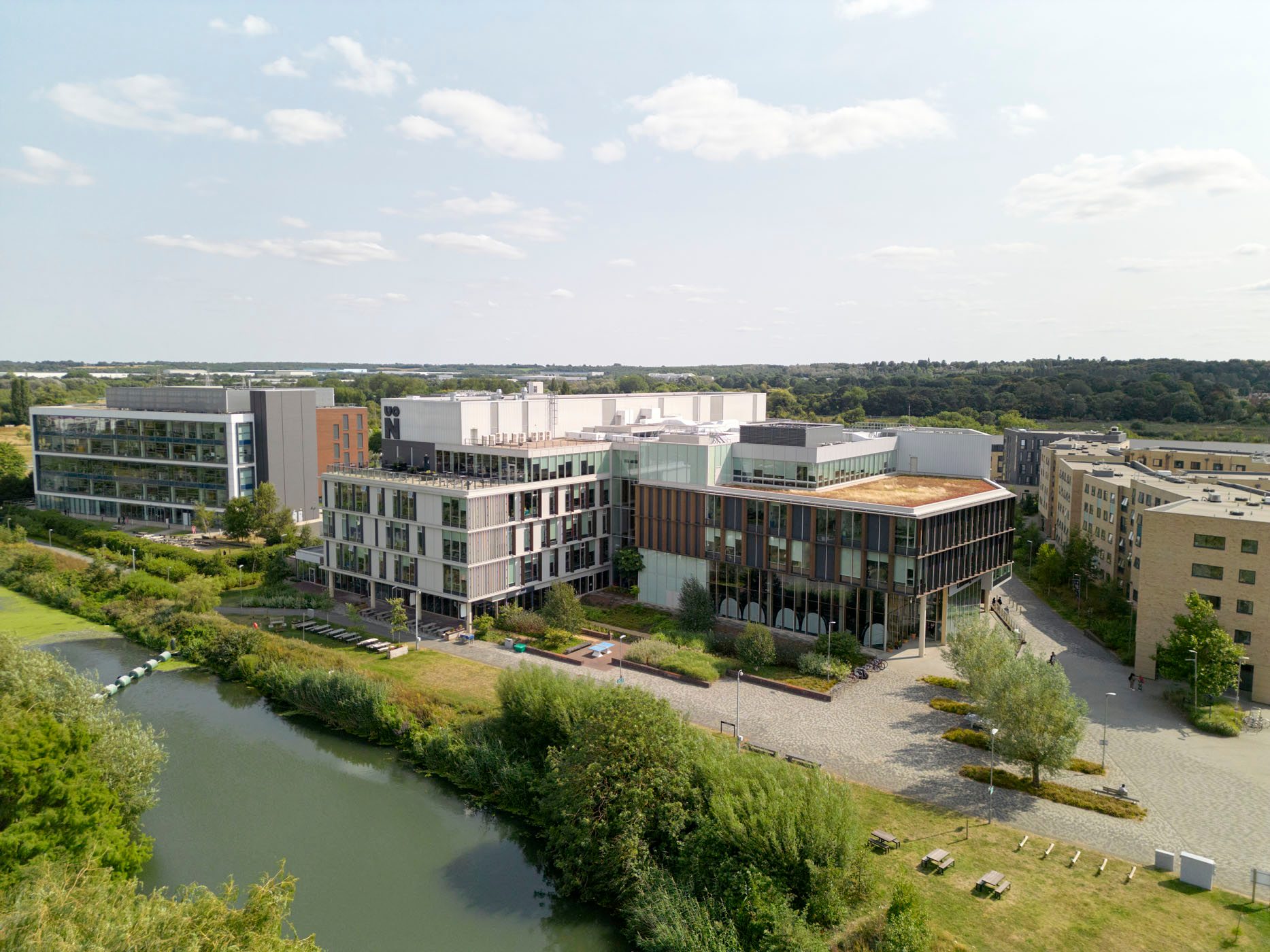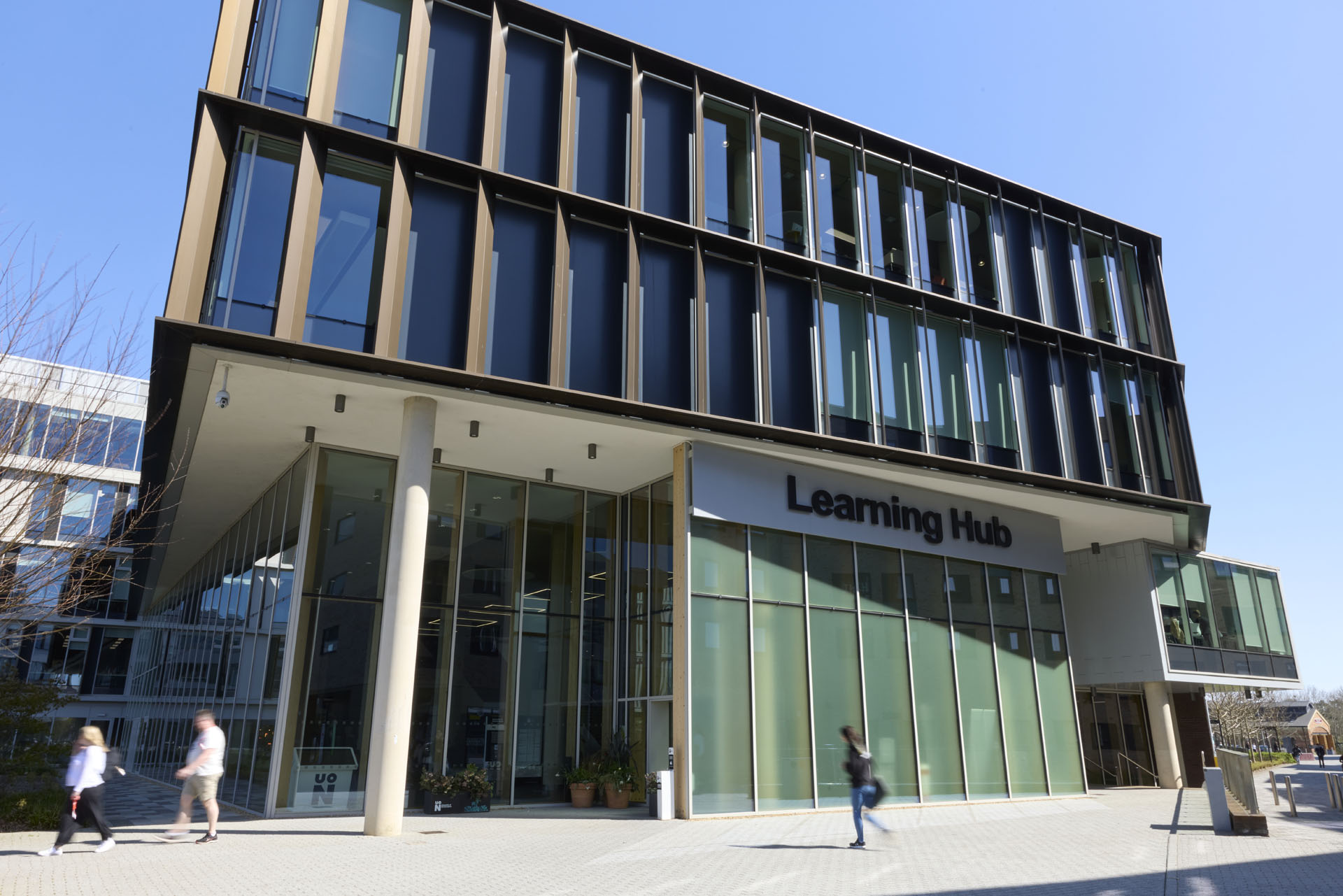Associate Professor in Learning & Teaching
Faculty of Business and Law

Law and Social Justice LLM
Key Facts
-
Level
Master'sPG LLM
-
Duration
1 Year Full-Time
2 Years Part-Time -
Starting
September
-
Full Time: £8,500
Part Time: £945 (per 20 credits) -
Full Time: £17,495
Updated 27/03/2025
Updated 27/03/2025
Get in touch
For questions regarding study and admissions please contact us:
UK STUDENTS ENQUIRIES
study@northampton.ac.uk
0300 303 2772
INTERNATIONAL STUDENTS ENQUIRIES
Overview
The LLM in Law and Social Justice is designed to empower students by expanding their understanding of contemporary social justice issues within both national and international contexts. Through a comprehensive examination of relevant legal frameworks, students will gain insight into how legal systems address—and sometimes perpetuate—issues of inequality, discrimination, and social inequity. This programme goes beyond a theoretical approach, encouraging students to engage in critical analyses of diverse strategies and solutions to these pressing issues. By studying real-world problems and examining various legal and policy responses, students will cultivate a robust understanding of how law can be a tool for social change. A key aspect of the LLM in Law & Social Justice is its commitment to research-led, student-centred, and active learning. This approach places students at the heart of their own learning experience, encouraging them to conduct original research, participate in dynamic discussions, and engage directly with current debates. By doing so, students will develop not only a deeper understanding of social justice but also the practical skills needed to contribute to meaningful change. The programme aims to equip students with the critical thinking, analytical, and advocacy skills essential for identifying, challenging, and proposing solutions to social injustices. Graduates will leave with the confidence and knowledge required to actively participate in the pursuit of social justice, whether through legal practice, policy development, or academia, fostering a commitment to positive societal transformation.
Highlights
- Focus on contemporary, real-world issues in Law and Social Justice
- Research-led teaching, providing in-depth and specialist knowledge and understanding
- Interactive and discursive workshops
- Applied research project providing opportunities to investigate areas of current concern, and provide solutions
Entry Requirements
A lower second class degree or above (in any subject).
Course Content
Fees and Funding
2025/26 Tuition Fees
Fees quoted relate to study in the Academic Year 25/26 only and may be subject to inflationary increases in future years.
- UK Full Time: £8,500
- UK Part Time: £945 per 20 credit module
- International – Full Time: £17,495
Staff
Careers and Employability
Successful graduates could apply for several different careers including, but not limited to:
- Roles in the Legal Profession
- Non-Profit Sector work such as specialist charities
- Policy Advisor for NGOs or Government (local and national)
- Conflict Resolution Specialists
- Further study to Level 8 PhD programmes.














